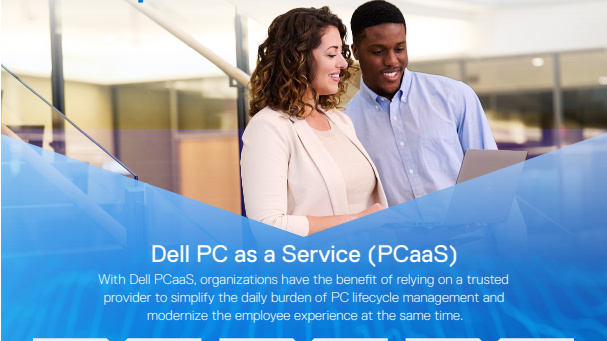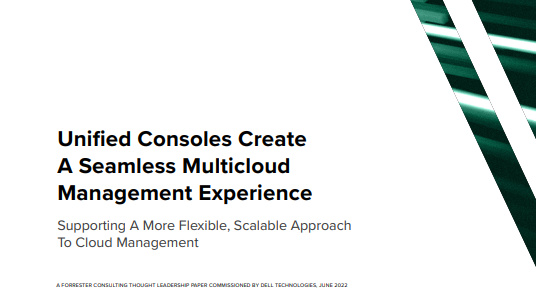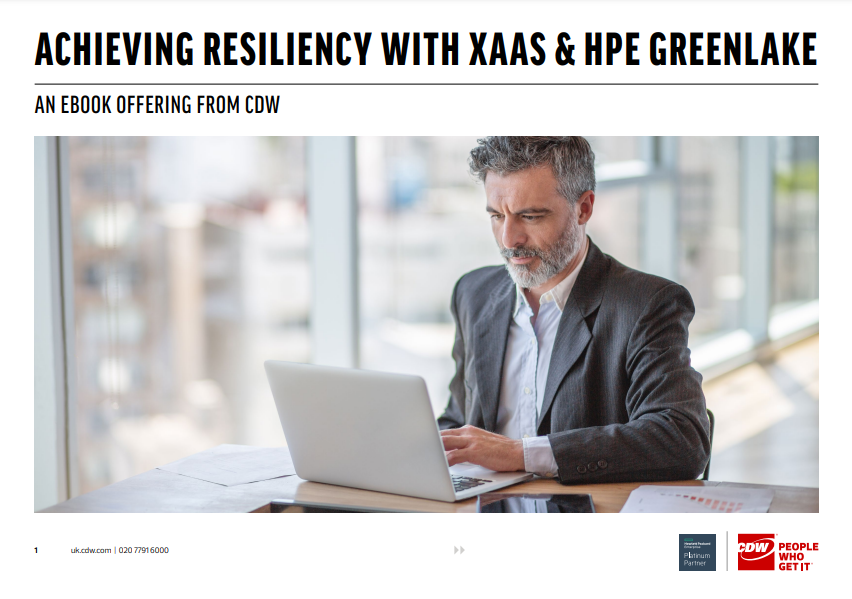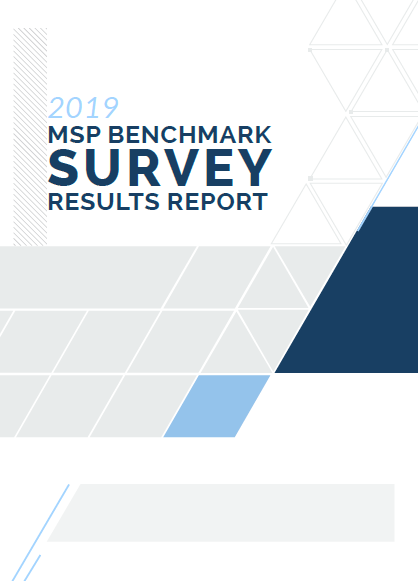How to avoid becoming a redundant MSP as clients move to the cloud
Advice for MSPs looking to ensure their services keep pace with changing customer needs

Stay up to date with the latest Channel industry news and analysis with our twice-weekly newsletter
You are now subscribed
Your newsletter sign-up was successful
It's no secret that the effects of mass adoption of cloud technology have reverberated through the channel. In particular, the Managed Service Provider (MSP) community has struggled with finding their proper place as customers continue to look to leverage cloud technologies, especially hosted applications.
Jobs that were once performed by MSPs are now centralised and taken on by the hosted infrastructure or application provider. This change leaves many MSPs wondering what their role will be as more people move to hosted email, web-based applications and cloud infrastructure.
Why are people choosing to use cloud applications?
A bevy of reasons: cloud applications allow for easy remote access and real-time collaboration, while allowing the services to be more easily scaled up or down. Without hardware and equipment to buy, the expense becomes operational instead of a capital expense. For these reasons and more, the proliferation of cloud applications continues.
Why is this viewed as a threat to the channel?
Traditionally, MSPs have provided services that are focused on delivering services to their client on-premises. These services often include managing workstations, servers, networks and the perimeter. By managing the entire stack, the MSP is ensuring that hardware is refreshed, the network is optimised, software is patched and the perimeter is properly monitored and controlled.
As an MSP's customers begin to utilise cloud technologies, much of the work previously done by the MSP is now taken over by a third party. For example, once a client moves to a hosted email, there is no longer a requirement for on-premises hardware to host an email server.
As this move happens, we see that there is less of a need for hardware maintenance, networking configuration, software patching or configuration that is required at the perimeter. The hosted email solution seemingly takes away the need for the work that was traditionally provided by the MSP.
It's not less work, it's different work
As customers continue to make the move to the cloud, some jobs are no longer completed by the MSP, and others are created.
Stay up to date with the latest Channel industry news and analysis with our twice-weekly newsletter
As people gain access to their applications from anywhere, their attack surface expands dramatically. No longer does an attacker need to penetrate the network in order to gain access to the client's environment. Instead, anyone in the world can access that email system if they can steal credentials (which is remarkably easy to do). So while there is no more hardware to manage and no software to patch, the MSP can help solve a new problem that has arisen by helping to secure and control access to cloud applications.
Additionally, cloud applications and infrastructure provide more opportunity than ever to implement automation and orchestration. APIs and standard protocols allow for cloud technologies to interact automatically in a coordinated fashion. While much of this work continually becomes easier, it provides an opportunity for MSPs to deliver additional value to their clients.
In order to capitalise on this opportunity, it is important for the MSP to develop expertise in building this type of automation. It's equally important that the MSP is deeply engaged with their clients and understands the strategic initiatives, as the opportunity to automate is often unknown to the end client.
The more familiar the MSP is with the strategic goals of the company, the more opportunity they will find to help them leverage automation and orchestration.
The first steps an MSP should take as their clients move to the cloud
Control and secure the access to cloud applications
Remote access is great for productivity but it also enables access from anywhere in the world with just a username and password. Deliver your client value by using a two-factor authentication tool to help ensure that only the right people are accessing these applications.
Further, by monitoring these authentications and incorporating the logs into your service reports, you will have the ability to demonstrate the additional value you are bringing to your clients.
Backup your client's cloud applications as needed
Backup for cloud applications? Yes. While hosting applications gets rid of some of the need for disaster recovery, there is still a need to backup applications like Salesforce.com, Office 365 and GSuite.
Tools like Backupify and OWN Backup can allow you to ensure that data that is accidentally or maliciously deleted can be restored on demand.
Develop expertise in cloud automation and orchestration
As you build integrations between your clients' various applications and yours, you are able to deliver value that takes very little overhead to maintain.
Continue to be a true business partner to your clients and understand where they are going
You are the expert and trusted advisor for technology. As they are looking to grow their business, you may be able to show them how technology can help accelerate them toward their goals.
Aaron Melear is MSP director at Duo Security
-
 Salesforce targets telco gains with new agentic AI tools
Salesforce targets telco gains with new agentic AI toolsNews Telecoms operators can draw on an array of pre-built agents to automate and streamline tasks
-
 Four national compute resources launched for cutting-edge science and research
Four national compute resources launched for cutting-edge science and researchNews The new national compute centers will receive a total of £76 million in funding
-
 Modern IT experiences with predictable costs
Modern IT experiences with predictable costswhitepaper Simplify the daily burden of PC lifecycle management and modernize the employee experience at the same time
-
 Unified consoles create a seamless multi-cloud management experience
Unified consoles create a seamless multi-cloud management experienceWhitepaper Supporting a more flexible, scalable approach to cloud management
-
 Energy as a service market poised to reach $147 billion by 2029
Energy as a service market poised to reach $147 billion by 2029News North America is anticipated to lead the market during the forecast period
-
 Achieving resiliency with Everything-as-a-Service (XAAS)
Achieving resiliency with Everything-as-a-Service (XAAS)Whitepaper Transforming the enterprise IT landscape
-
 IBM acquires Taos Mountain as cloud spending spree continues
IBM acquires Taos Mountain as cloud spending spree continuesNews The MSP has guided clients such as Netflix in their migrations from on-premise to cloud infrastructure
-
 2019 MSP benchmark survey results report
2019 MSP benchmark survey results reportWhitepapers Discover how the MSP marketplace is evolving